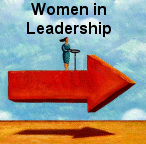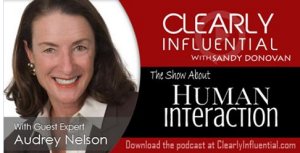
November 2014 Newsletter |
|---|
Media Blitz
The Importance of "Face" in Everyday Communication: In everyday communication we have our face on the line. What exactly is face? Face is a communicator's claim to be seen a certain way; the positive social value a person claims for herself or himself. There are two dimensions of face: 1. Positive Face: a person's desire to gain approval from others. There are two components: (A) need to be included and (B) need to be respected. People lose face when their identity claims are challenged or ignored by others. I had firsthand experience with this when a female participant in one of my seminars referred to my assigned chapter readings from one of my books on gender as a "throw back to the sixties." Ouch! My first thought was, "Wow, she could have provided feedback in a hundred others ways than this defensive creating, face losing style." Ironically, she went on to incorporate the very speech patterns I mentioned in my chapter. Oh, did I mention she said this in front of the entire group? My face was threatened on two fronts: (1) my expertise with 35 years of study, research, training, publications, etc in gender and (2) I am a boomer. "Throw back to the sixties" implied my points were out dated and no longer viable. Certainly, at that moment, I did not feel she respected me or recognized my identity as a gender expert. Part 2 In December's newsletter will address how face-saving affects issues in conflict, what forms does face-saving take in conflict interactions and how face giving can mitigate loss of face.
|
|
|||||||||||
|---|---|---|---|---|---|---|---|---|---|---|---|
|
|---|
Audrey, James Scott Kreamer Thanks Audrey. I am amazed each year at how you hold LMC attendee’s attention that last hour before they are rushing to catch a plane and head home. They always stay engaged until the end! Helen Hi Audrey, Nicole Reino Hello Audrey. I attended the WBLF this year and saw you speak. I have seen you at this same conference a few other times and have enjoyed your presentations enormously. |
|
|
|
||||||||||||
| "Audrey's
Top 4 CD Communication Hits" |
||||
 |
 |
 |
 |
 |
 Mark your calendar for Jan 23, 2015!
Mark your calendar for Jan 23, 2015!  Audrey will be traveling to six countries presenting her new topic
Audrey will be traveling to six countries presenting her new topic 






